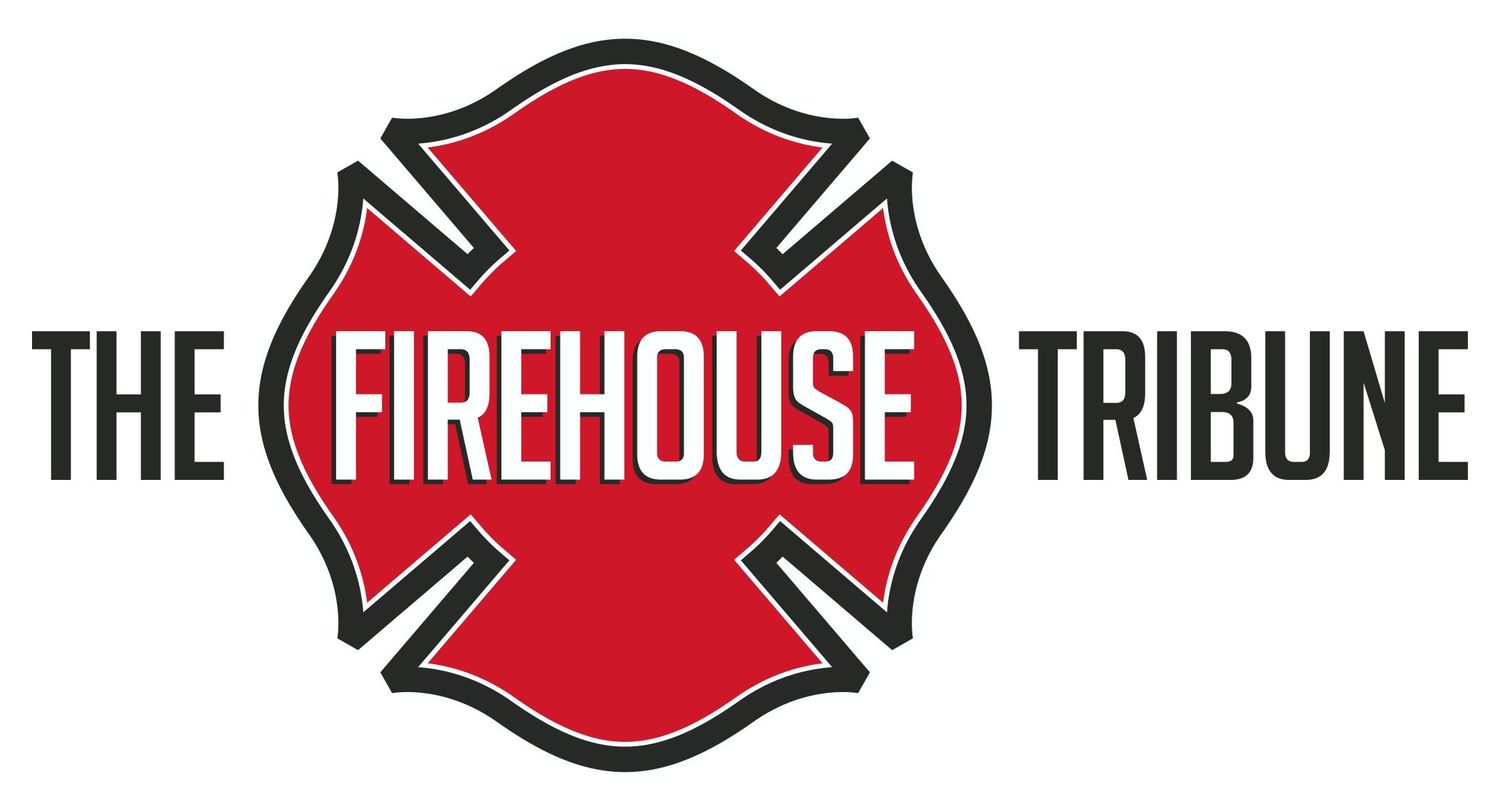The Dance of Life
I'm sitting in my room, studying with an intensity I didn't know I had. It's the mid 1980's and I am in middle school. My mom and I had just moved from Philadelphia, PA to Augusta, GA for her first military assignment. It might as well be a different world. There aren’t any Philly cheesesteaks and sports teams that I’m used to seeing. Yet, in this very different place, there is one thing I feel connected to; the very thing I am so intently studying: Breakdancing.
Middle school is an age where I wanted to fit in and be cool. Being prolific in breakdancing isa ticket to coolness. I carefully read, and reread my beloved practice poster (yes, there is a practice poster for breakdancing). I watch and study MTV like a must-see webinar. And the movies! Oh, I watch every single one the day it is released. Now, I’m not really all that good. Dreamsof being a dancer on a rap video are just dreams. But I can spin around on my head and not get sent to the hospital. I work at honing these skills leading up to the next military assignmentthat my mom and I take to Belgium, then Germany. During my high school years, I find to secure the social life I want, I amgoing to need to learn different dances for different occasions. Sure, breakdancing is a great fit for house parties, but what about the Semi-formal winter dance or the Formal Prom. If I amgoing to get dates and not look like a fool, I am going to need to dabble in the right kind of dancing to move my social life along.
Advancing your career with training and education is a lot like learning the right dance. All of the dances are great, but serve a different purpose.
• Dances at the house party is down to earth, wild, sometimes crazy or zany. In your career, this equates to training in the fire service. The drills for new people. Improving the skills of tenured people. Working with other stations and units. There is a general way it should be done, but there is room for creativity.
• Semi-formal dances have a bit more structure. These are your conferences, conventions, 1-3-day trainings. Going to regional schools. Going to FDIC and FRI. They are home grown classes that may have originated at the fire station, but are now on a bigger stage.
• Formal danceshave set expectations for how the event is happening. Dress like this. Move this way. These include official college certifications and formal classes such as Fire Officer I. They take more time and have a set structure. That structure allows for your education to be comparable to others across the world. It helps to measure your investment. It helps to increase your creditability.
Just like my dance life, you will do the most good for yourself by attending all the dances. Over reliance on station training may mean not keeping up with best practices. Over reliance on college and other formal training classes will lead to understanding theory, and not practical application. You are advancing your fire service life; your fire service career. Be sure to take part in training and education in all three parts to be ready for the big dances that are coming. And you won’t need to spin on your head, either!
Ordinary People Have Extraordinary Impact.
About the Author
NICK BASKERVILLE Nick has had the honor of serving in the United States Air Force for 10 years, followed by 4 years in the United States Air Force Reserves. He attained the rank of Technical Sergeant (E-6). Nick also has 18 years of fire service time, with 15 years of that being in a career department in Northern Virginia. Nick has had the opportunity to hold positions in the Company Officer's section of the Virginia Fire Chief's Association (VFCA), The Virginia Fire Officer's Academy (VFOA) staff, and as one of the IABPFF representatives to the Fire Service Occupational Cancer Alliance. Nick is one of the many trainers for Firefighter Cancer Support Network (FCSN) to offer awareness and prevention training about cancer in the fire service. Nick has the honor of being one of the many contributors for The Firehouse Tribune.
